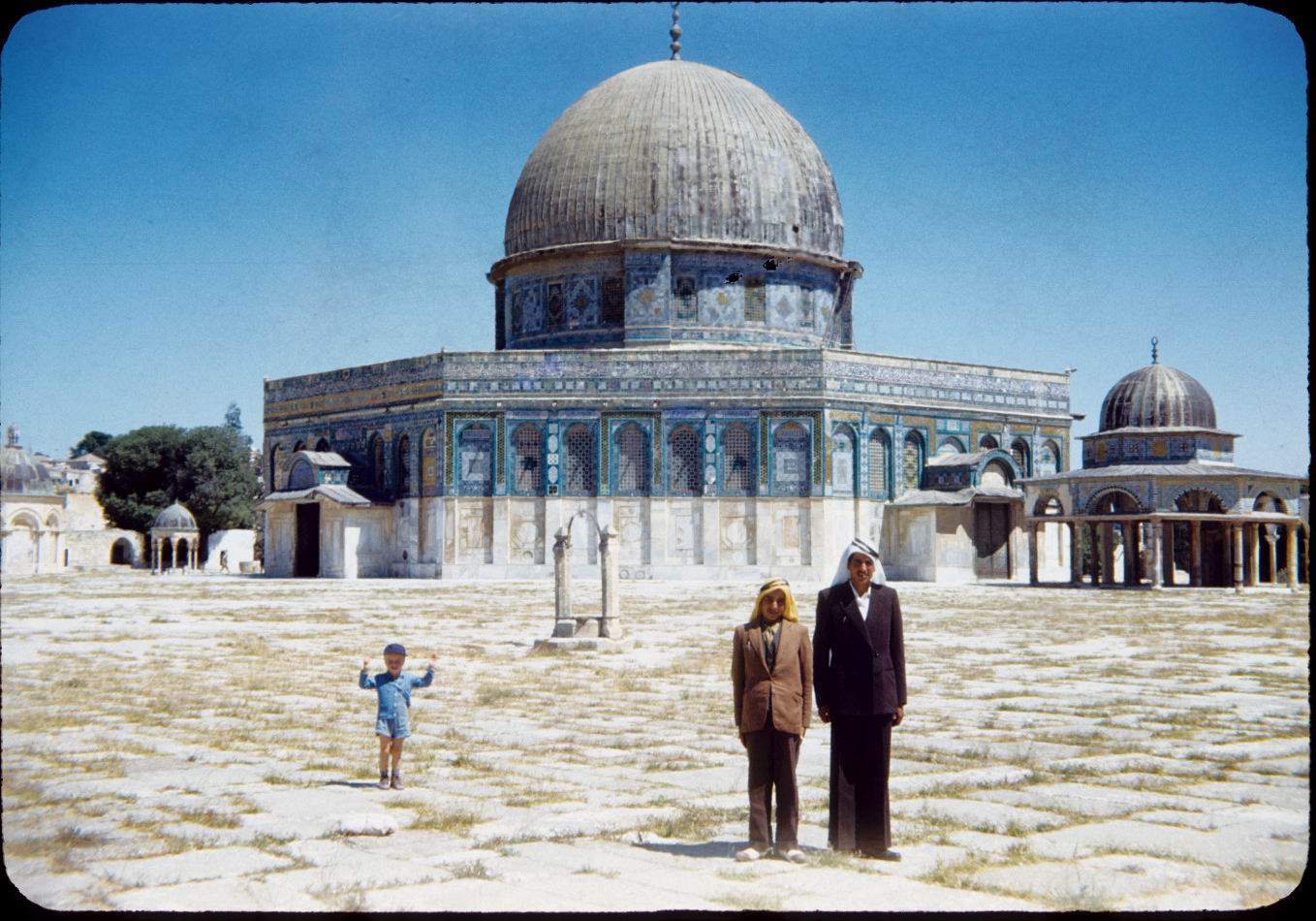Regrettably, today’s world politics may be creating among Arab Palestinians another “reprisal generation.” The rise of suicide bombers is a sign of chronic lack of communication in a world saturated with media. Moreover, Islamic fundamentalism and extremist fanatic groups are unfortunately becoming all the more appealing to oppressed people in the land. Voices of moderation are being silenced on both sides and violence is gaining more ground out of an atmosphere of despair. Anti-Semitism was an ugly phenomenon that engendered many atrocities against the Jews over many centuries in Europe. It desperately needed to be addressed.
Today the world may be unconsciously replacing anti-Semitism with a different kind of racial favoritism – anti-Arabism.

This only magnifies the problem and establishes a situation that will merely pass on the problems to the next generation. In a New York Times editorial on March 30, 2002, Yossi Beilin, a former member in Barak’s cabinet in Israel, wrote:
The Israeli war against the terrorist infrastructure will give birth to more terrorists because the terrorist infrastructure lies within people’s hearts. It can be uprooted only if there is hope for a different kind of life in the Middle East. (emphasis added, Yossi Beilin, “More War is Not the Route to Israel’s Security,” New York Times, 30 March 2002)
Almost always, a different kind of life starts with a different way of thinking. My book Arabs in the Shadow of Israel: The Unfolding of God’s Prophetic Plan for Ishmael’s Line (Kregel, 2003) is an attempt to stimulate this change of thinking, starting at a foundational level, that of the biblical text, and extending it to biblical history. Accordingly it strives to achieve among Bible believers a more accurate understanding of sacred Scripture related to Arabs. Moreover, it aims at resurfacing the Abrahamic heritage of the Arab people in order to bring them back to their biblical legacy and cause others to view them more fairly. Finally it focuses on the positive Arab-Israeli relationships in biblical history, which will give us a framework to bring hope for the future of the Middle East.
Whatever Beilin’s view on terrorism and its origin, he pointed out a crucial fact that recent history supports:
Mere display of force cannot solve the Israeli problem, nor can violence vindicate the Arab cause.
Jews as well as Arabs have the right to live peace wherever they belong. Yet peace cannot coexist with oppression. Christ calls his followers in this world to uphold mercy and justice and be peace-makers (Matt 5:7-9) rather than endorse controversial politics.
It is a primary Christian task to offer hope to various people in the area. Only hope for a different kind of life would make peace possible. It is in the gospel, not geo-politics that this hope for a different kind of life is most clearly seen.
